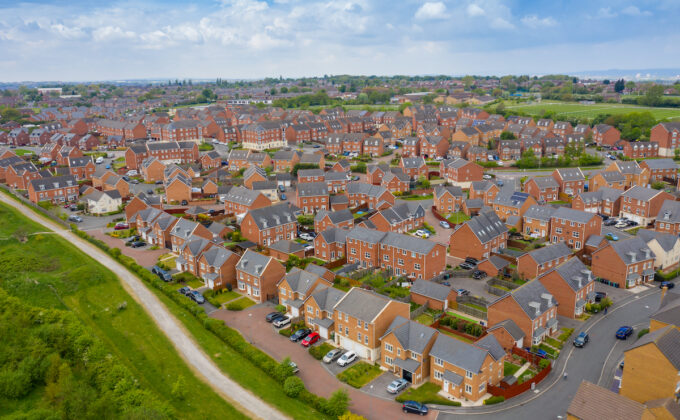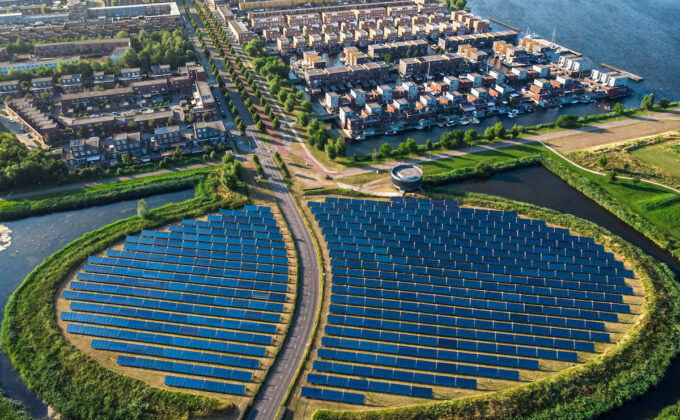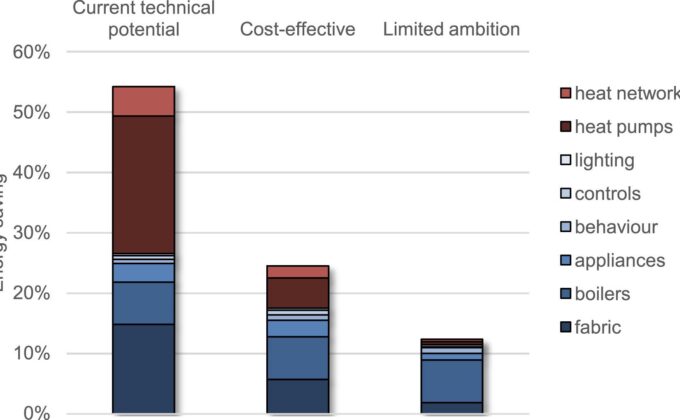
Knowledge Center
We believe that sharing our expertise and collaborations in clean energy policy is how real, effective change happens.
From reports and policy briefs, to webinars and podcasts—RAP advisors have built an extensive collection of resources providing in-depth analysis and practical solutions to today’s energy challenges.
Filter >>
Content Filter:
As the UK energy system moves towards net zero compliance, heat pumps will likely play a key role in this transition. In fact, the government is currently proposing a target of 600,000 heat pumps to be installed annually by 2028. View Summary +

With its pending Green Deal, the European Commission is striving to make Europe the first climate-neutral region by 2050. A lot is at stake with this goal. The transition to clean energy can help mitigate climate change and bring extensive… View Summary +

Announced as part of the European Green Deal, the EU strategy for energy system integration aims to better link the different energy sectors in the EU — electricity, gas, buildings, transport, industry — to help them reduce carbon emissions. In… View Summary +
In a webinar for LEONARDO Energy, Dr. Jan Rosenow and Dr. Richard Lowes presented pragmatic principles and policies for smart electrification of heating in Europe. They highlighted that decarbonising heat is critical for meeting climate and clean air goals; electrification… View Summary +
Heating in buildings is responsible for almost one‑third of total EU energy demand, and around 75% of heat is still produced by burning fossil fuels. The European Union must make decarbonising heat a major priority if it hopes to meet… View Summary +

Several studies have shown that energy and carbon taxes play an important role in many EU Member States for meeting their energy savings obligation under Article 7 of the Energy Efficiency Directive for the period from 2014 to 2020. Often,… View Summary +
For years European policymakers have been working toward an integrated, competitive energy system. Now the Clean Energy for All Europeans package directs Member States to develop a decarbonised, cost‑efficient energy system that provides consumers with access to affordable and secure… View Summary +

Decarbonising building heat presents both a significant opportunity and challenge to policymakers. Because of the fuel they use and the resulting carbon emissions, buildings are a critical target for energy efficiency. In order to deliver a clean energy system, most… View Summary +
Electric vehicles (EVs) are coming. And they bring with them tremendous opportunity for both the power sector and mobility because they form the nexus between two revolutions: decarbonising electricity and electrifying transport. The new legislative period in the European Union… View Summary +

There is an increasing interest in the role so-called market-based instruments (MBIs) can play to deliver energy efficiency across the world. Their rising popularity among policymakers owes, in part, to their characteristics. They tend to be less prescriptive than traditional… View Summary +
In the lively debate around carbon pricing and emission reductions, one crucial aspect is consistently missing. Much of the debate focuses on the carbon price alone. However, carbon revenues are at least as important as carbon prices if Europe’s goal is to accelerate emission reductions… View Summary +
In a joint fact sheet, the Buildings Performance Institute Europe (BPIE) and the Regulatory Assistance Project (RAP) recommend the introduction of minimum energy performance standards for rental buildings. In general, a household is said to be in energy poverty when its… View Summary +
In einem gemeinsamen Factsheet empfehlen Buildings Performance Institute Europe (BPIE) und Regulatory Assistance Project (RAP) die Einführung von Mindeststandards für Mietgebäude. Allgemein ist ein Haushalt von Energiearmut betroffen, wenn es sich die Mitglieder nicht leisten können, die Wohnung ausreichend zu… View Summary +
In einem gemeinsamen Factsheet empfehlen Buildings Performance Institute Europe (BPIE) und Regulatory Assistance Project (RAP) die Einführung von Mindeststandards für Mietgebäude. Allgemein ist ein Haushalt von Energiearmut betroffen, wenn es sich die Mitglieder nicht leisten können, die Wohnung ausreichend… View Summary +
Progress on improving energy efficiency of UK homes has stalled in recent years and the question arises how much more potential for further energy savings exist across the housing stock. Whilst there are some high-level estimates… View Summary +


